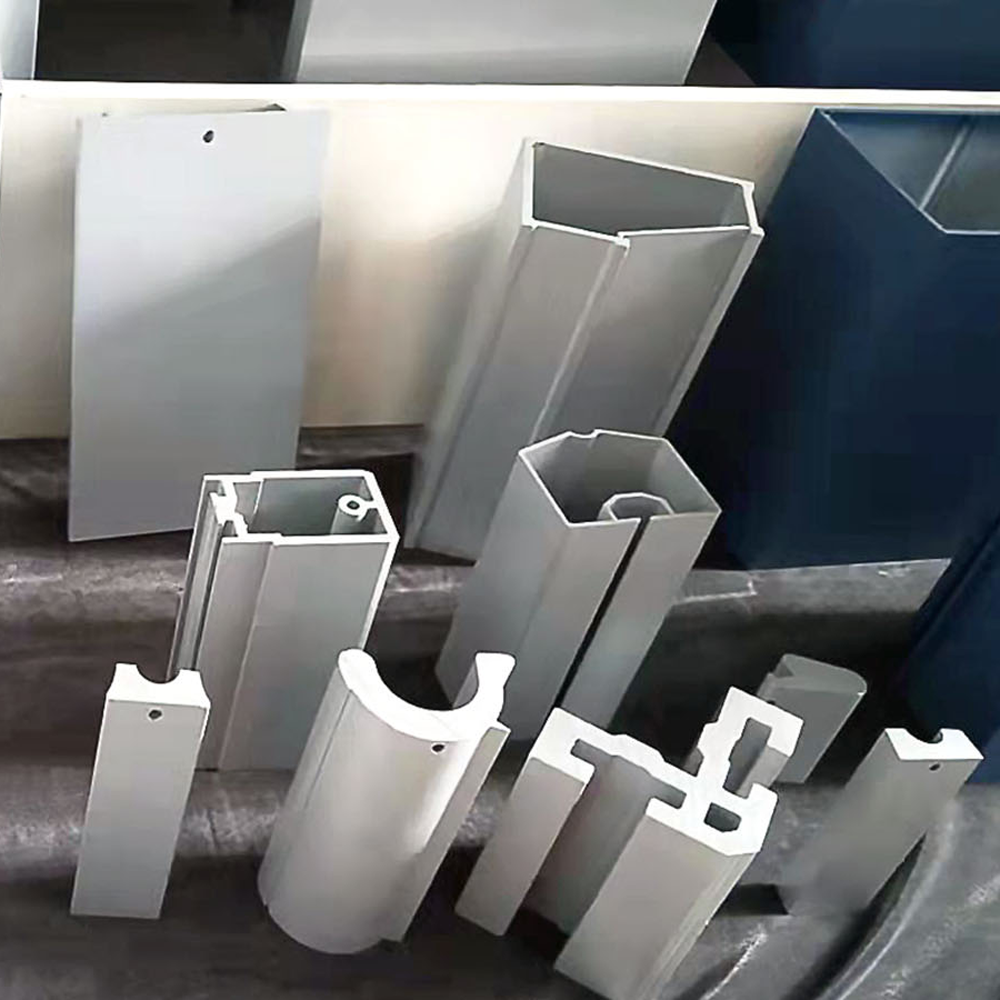Aluminum Extrusion
Get high-quality online aluminum extrusion services for aluminum extruded prototypes and production parts.
Die Casting
We operate strict die casting process that ensures that your custom requirements are being met.
CNC Machining
Fast and precise CNC machining through the use of state-of-the-art 3-axis and 5-axis equipment and lathes.
Surface Treatment
High-quality surface finishing services improve your part’s aesthetics and functions regardless of the manufacturing process used.
Deep Processing
Get better quality precision CNC machining services for product prototypes and production parts.
Sheet Metal Fabrication
From an assortment of cutting tools to different fabrication equipment, we can produce large volumes of fabricated sheet metal.

















